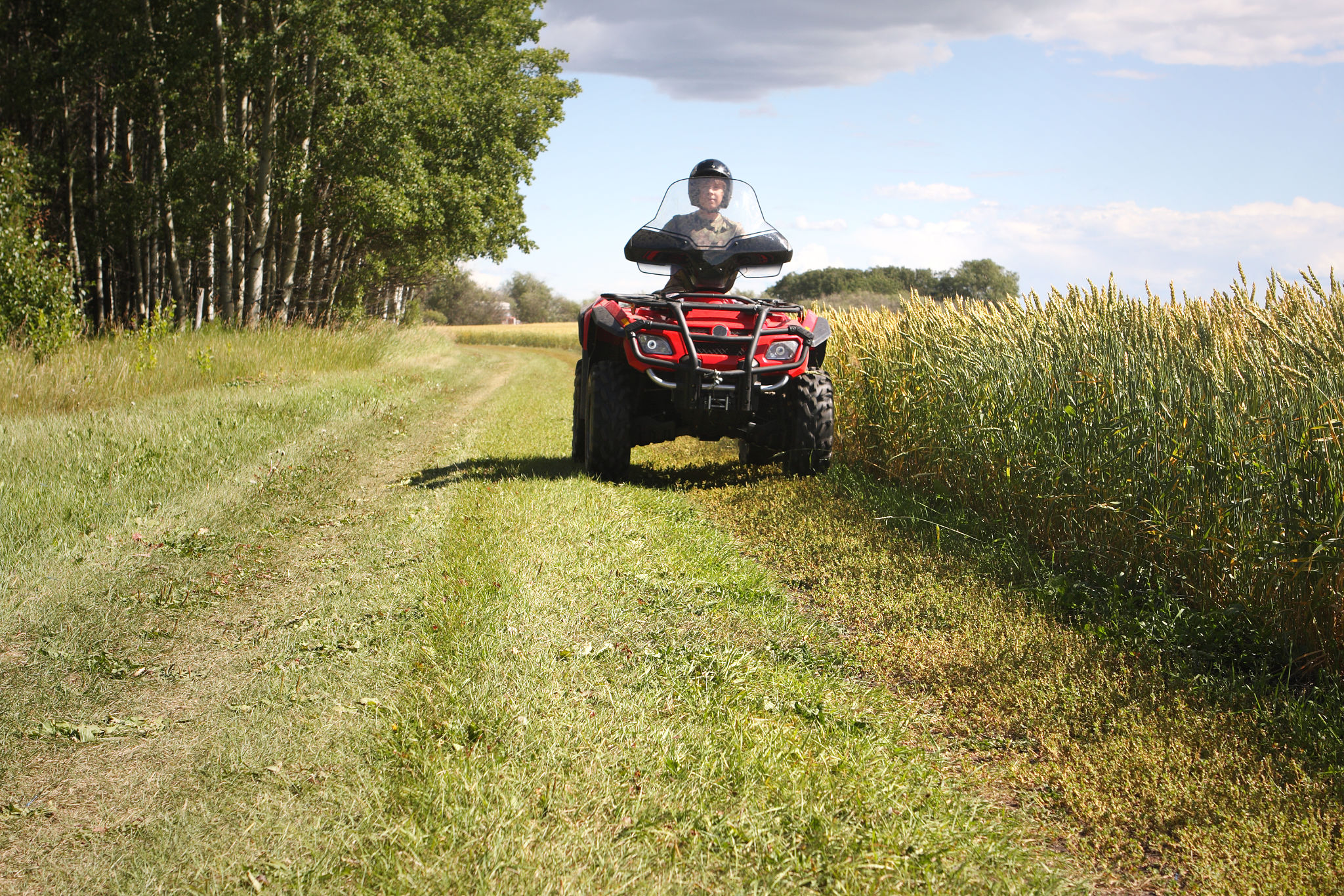Debunking Common Myths About 4x4 Vehicles and Off-Roading
Understanding 4x4 Vehicles
4x4 vehicles, often revered for their ruggedness and ability to tackle challenging terrains, are surrounded by numerous myths that can confuse potential buyers and enthusiasts. Understanding the true capabilities and limitations of these vehicles is essential for making informed decisions.
A common misconception is that all 4x4 vehicles are inherently superior in any weather condition. While they do offer enhanced traction in adverse conditions, it's important to recognize that they aren't invincible. Drivers must still exercise caution, especially on icy roads where stopping power and control can be compromised.

Myth: Off-Roading Is Only for Experts
Many believe that off-roading is an activity reserved for seasoned adventurers. In reality, off-roading can be enjoyed by beginners as well, provided they take the time to learn the basics. Various beginner-friendly trails are available that offer a taste of the off-road experience without overwhelming newcomers.
It's crucial to start slow and gradually build confidence. Joining local off-roading clubs or participating in guided tours can provide valuable experience and knowledge, easing the learning curve for novices.
Essential Safety Precautions
Whether you are a beginner or an expert, safety should always be a priority in off-roading. Here are some key safety precautions to consider:
- Ensure your vehicle is properly equipped for the terrain.
- Always carry an emergency kit and communication devices.
- Understand your vehicle's limits and your own driving skills.

Myth: Modifications Are Necessary for Off-Roading
Another widespread myth is that a heavily modified vehicle is essential for off-roading. While certain upgrades can enhance performance, many stock 4x4 vehicles come equipped with adequate features for tackling moderate trails.
Before investing in expensive modifications, it's wise to assess your needs and the types of terrain you plan to explore. Often, simple adjustments like tire upgrades and protective skid plates can suffice for most off-road adventures.
When Modifications Make Sense
If you plan to venture into more challenging terrains, modifications such as lift kits or enhanced suspension systems may be beneficial. However, these upgrades should be approached with a clear understanding of their impact on your vehicle's handling and safety.

Myth: Off-Roading Damages the Environment
Off-roading sometimes gets a bad rap for causing environmental damage. Responsible off-roading practices ensure that natural habitats remain protected while enjoying the thrill of adventure. Stick to established trails and avoid sensitive areas like wetlands or wildlife habitats.
Many off-roading communities actively participate in conservation efforts, organizing clean-ups and advocating for sustainable practices. By respecting nature, off-roaders can help preserve the environment they enjoy exploring.
Embracing Responsible Off-Roading
Here are some tips for responsible off-roading:
- Stay on marked trails to minimize ecological impact.
- Carry out everything you bring in to maintain cleanliness.
- Participate in local conservation initiatives and trail maintenance.
By debunking these myths and promoting responsible practices, we can ensure that 4x4 vehicles and off-roading remain a safe and enjoyable hobby for all enthusiasts.
